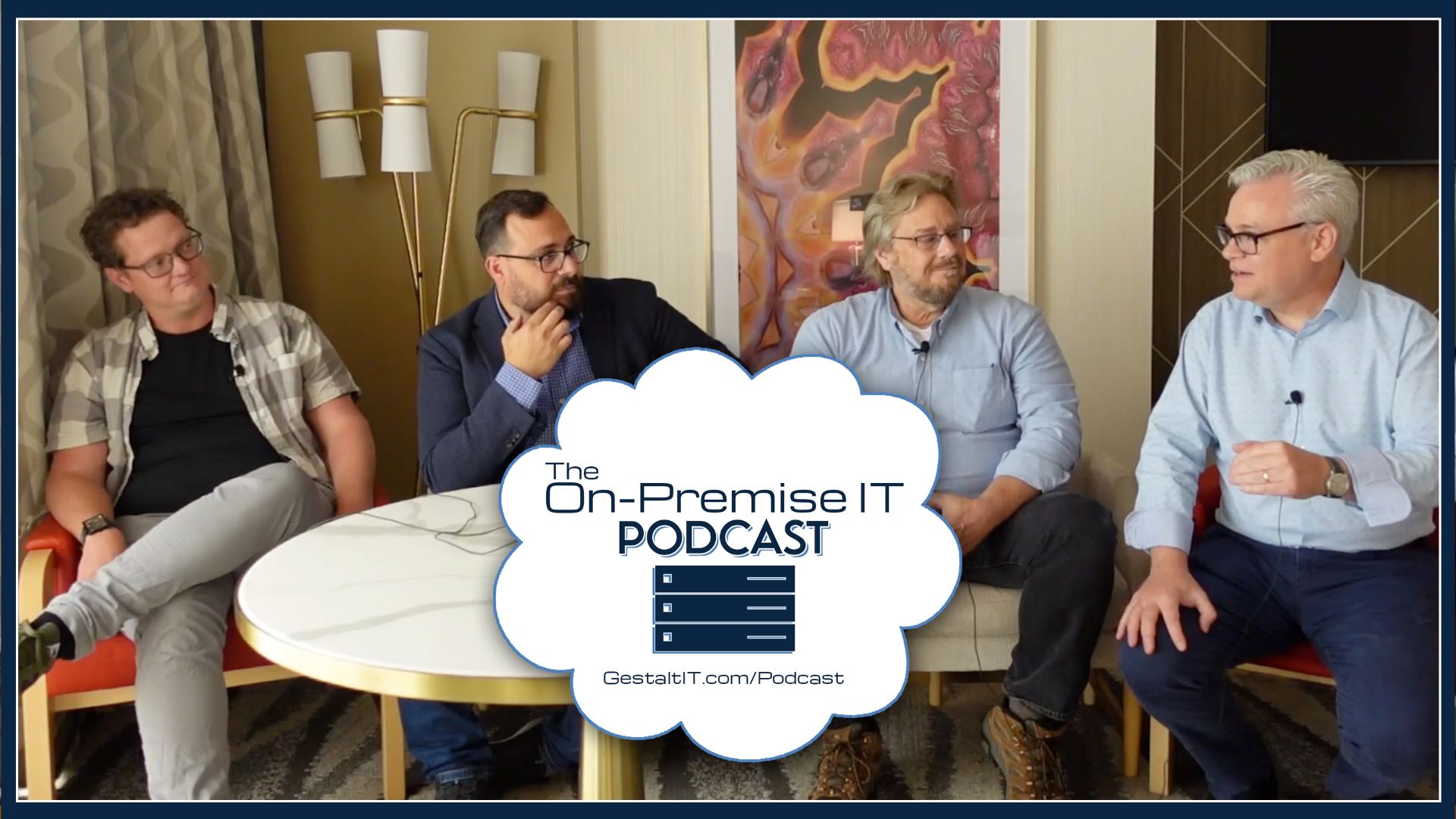Docker has recently announced that they will rate limit image pulls from Docker Hub. These images are critical to modern infrastructure and have become critical to modern cloud infrastructure.
Just about every Kubernetes environment pulls dozens of images from Docker Hub, and even if this move doesn’t cause issues immediately it sends a message that the community needs to find another place to store images.
Maybe it’s a positive for the community to find another image repository. Maybe this will help Docker become a more supportable business within Mirantis in the future, but it does disrupt the cloud ecosystem. The big winner might be Microsoft, which could easily replace Docker Hub with GitHub and their other offerings, or it could be Amazon, Google, or even Red Hat.
Docker has reached out after listening to our podcast with the following clarifications and corrections that are important. Here are the facts from Docker:
- In November 2019, Mirantis acquired the Docker Enterprise business only. Docker itself refocused back on developers, and Docker Hub and Docker Desktop remained with the company. As such, Mirantis is not involved nor making any decisions regarding the direction of Docker Hub or Docker itself – they only acquired Docker Enterprise.
- Docker remains committed to supporting and growing the Open Source ecosystem. In fact, we published this blog post announcing the launch of a special program to expand our support for Open Source projects that use Docker. Eligible projects that meet the program’s requirements (i.e., they must be open source and non-commercial) can request to have their respective OSS namespaces whitelisted and see their data-storage and data-egress restrictions lifted. More than 80 non-profit organizations have joined the program.
- The rate limiting only impacts a very small percentage of unauthenticated users. Based on these limits, we expected only 1.5% of daily unique IP addresses to be included — roughly 40,000 IPs in total, out of more than 2 million IPs that pull from Docker Hub every day. The other 98.5% of IPs using Docker Hub can carry on unaffected — or more likely, receive improved performance as the heaviest users decreased. More in this blog post and this one.
Podcast: Play in new window | Download (Duration: 24:30 — 28.0MB)
Subscribe: Apple Podcasts | Spotify | Amazon Music | RSS | More
On Premis for Today’s Roundtable
Name
Joep Piscaer
Larry Smith
Calvin Hendryx-Parker
Enrico Signoretti
Moderator: Stephen Foskett
Follow us on Twitter and SUBSCRIBE to our newsletter for more great coverage right in your inbox.




